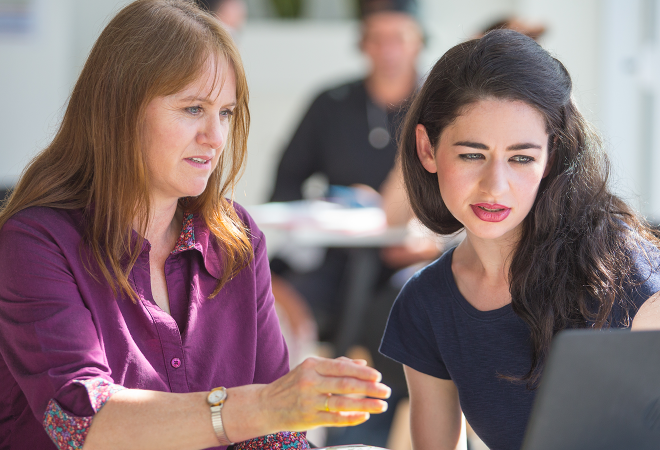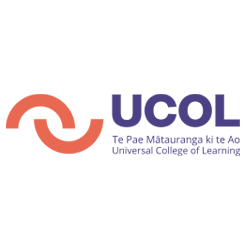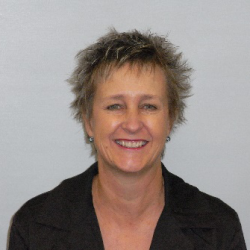
Implementing a Mentoring Model for Teachers in the Tertiary Education Environment
Status
Completed: 21 March 2012
Project Details
A project, completed in 2012, to implement a model for mentoring that provides a contextualised framework for supporting learning and teaching practices across a tertiary education environment that contributes to the achievement of learner success. A collaboration of Universal College of Learning and Eastern Institute of Technology.
Aims:
The main aims of the project were to:
- develop and build on the leadership capabilities of mentors
- enhance communication and relationships across institutions and campuses
- create collaborative and collegial networks to support the sharing of teaching best practice.
Methodology:
The project used a mixed methods approach involving:
- a review of the literature
- conducting three focus group meetings at each of the three campuses using a semi-structured interview approach
- conducting summative interviews with the individual participants at the conclusion of the mentoring partnerships
- gauging student success through semi-structured interviews at the end of the formal mentoring partnership period
- analysing the data using a thematic data analysis approach.
Team

Janet Walke
Project Leader
Universal College of Learning (UCOL)
Dr Lesley Petersen
Petersen ConsultingStatus
Funding
$8,880.00 (excl GST)
Key Findings
The key findings from the project included:
- Both the mentor and mentee participants thought they had gained a number of benefits from attending the training workshops, as they provided them with the opportunity to prepare for the mentoring partnership, gain a clearer understanding of the purpose and process of mentoring and establish professional development goals for the mentoring over the six-month period.
- The effectiveness of a mentoring partnership is largely dependent on the mentor-mentee matching process. Emphasis is placed on the need for mentee choice of their mentor. As the findings in this project illustrate, the mentees who chose to either select their own mentor or requested the researchers to match them indicated that this had a positive impact on the ensuing partnerships.
- The findings highlighted a number of other variables that the participants thought had been key influences on the effectiveness of the partnership, including the provision of mentoring training, the availability of adequate meetings spaces and the intention of the mentee to identify their professional development goals.
- Inherent in the feedback regarding the matching process and consequent mentoring partnerships, the majority of the participants emphasised the need for a central coordinator to oversee the whole programme and in particular assist with different aspects of the mentoring process as required.
- Participants agreed a community of practice structure was an integral component of the mentoring programme. It was perceived as providing mentoring participants with opportunities to share best practice and enhance collegiality across the institution.
- The findings from this study suggest that mentoring does positively impact on professional practice and development. A number of the mentees and mentors felt they had made some changes in their practice and benefitted in their personal development as well.
Key Recommendations
The following key recommendations were based on the extensive feedback gathered from the participants and aim to provide other institutions or individuals with strategies to enhance the implementation and sustainability of an institute-wide mentoring programme:
Mentor and mentee profiles | The development and use of mentor and mentee profiles would assist the participants about to engage in a mentoring programme in finding out significant information about each other. The profile could include categories of the individual’s teaching context, student cohort information, level of teaching experience, discipline expertise, degree of organisational knowledge. These profiles would be available for both mentors and mentees at Stage One of the programme, the selection and consequent matching of the mentor and mentee.
Mentor questions template | The development of a template of questions that the mentee can use when they are selecting a mentor would assist the mentee when they first meet a prospective mentor. The template could include questions about the mentor’s discipline area, their level of experience with teaching, and whether they have particular areas of teaching expertise.
Commencement of the mentoring partnerships | It is recommended that a ‘meet and greet’ event be organised prior to the mentoring partnerships commencing. This provides the opportunity for the mentors and mentees to establish an initial level of familiarity and to meet others involved in the mentoring programme, which could lead to future networking and building of collegial relationships.
Co-mentoring option | A critical component of the mentoring partnership process involves the mentee identifying their professional development goals and how mentoring can support them in achieving these. A mentee’s goals may highlight a number of different areas in which they require support. To reduce the assumption or unrealistic expectation that one mentor can provide multi-dimensional support, a co-mentoring option is suggested. This could be in the form of a mentee being assigned two mentors who have two distinct and different sets of skills and knowledge. This composition of a mentoring partnership would need to be explicit and all parties involved made fully aware that the mentee is accessing support from multiple sources to enable them to achieve their goals.
Discontinuation of the mentoring partnership | The development of a letter template that enables either the mentee or the mentor to discontinue the mentoring partnership would be a useful tool, if either person felt that they were not benefitting from the mentoring support or that the mentee-mentor relationship was not compatible.
Additional mentoring training focus | Feedback from the participants indicated that although they felt they had benefitted from the mentoring training workshops, additional content could be useful to include in future training sessions, particularly for mentors; for example, more in-depth material regarding communication skills and strategies including body language.
A research report prepared by Lesley Petersen and Janet Walke.
(PDF, 919 KB, 33-pages).
- 16 March 2012